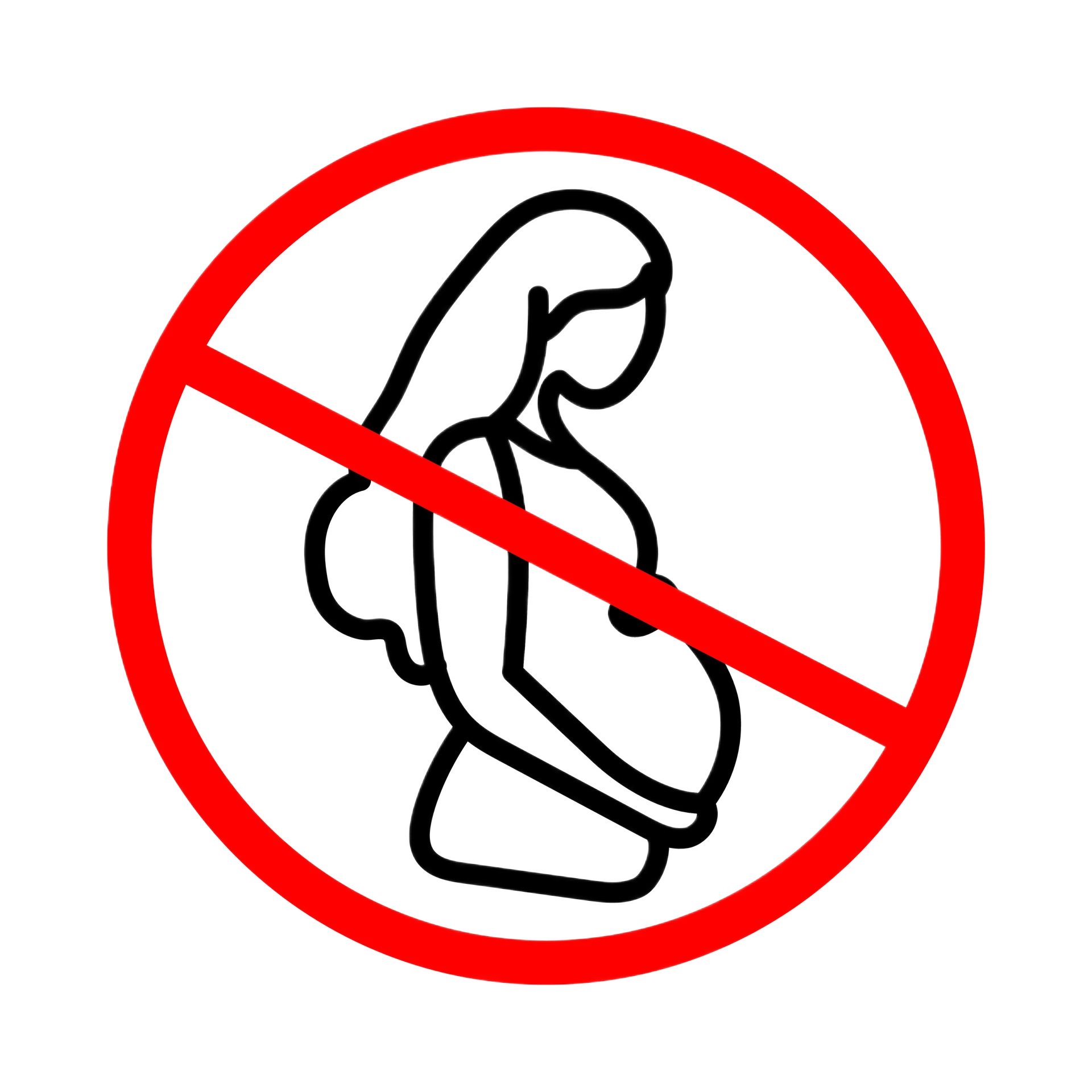
Doing It Without Getting Pregnant: Contraception in Ghana 📅🛌💞
By
Deluxe Care Team
|
19 Jul, 2025
0 Likes
|
0 Comments
|
0 Shares
1. Introduction
Contraception (also called family planning or birth control) allows individuals and couples to plan when and how many children they want. Whether you live in Accra, Kumasi, Tamale, or a village, knowing your options will help you make wise choices for your health and future.
In Ghana, you can access options like Lydia, Levon 2, Postinor 2, Secure, BK 1, and more. This article explains how they work, possible side effects, and answers common questions [1][2].